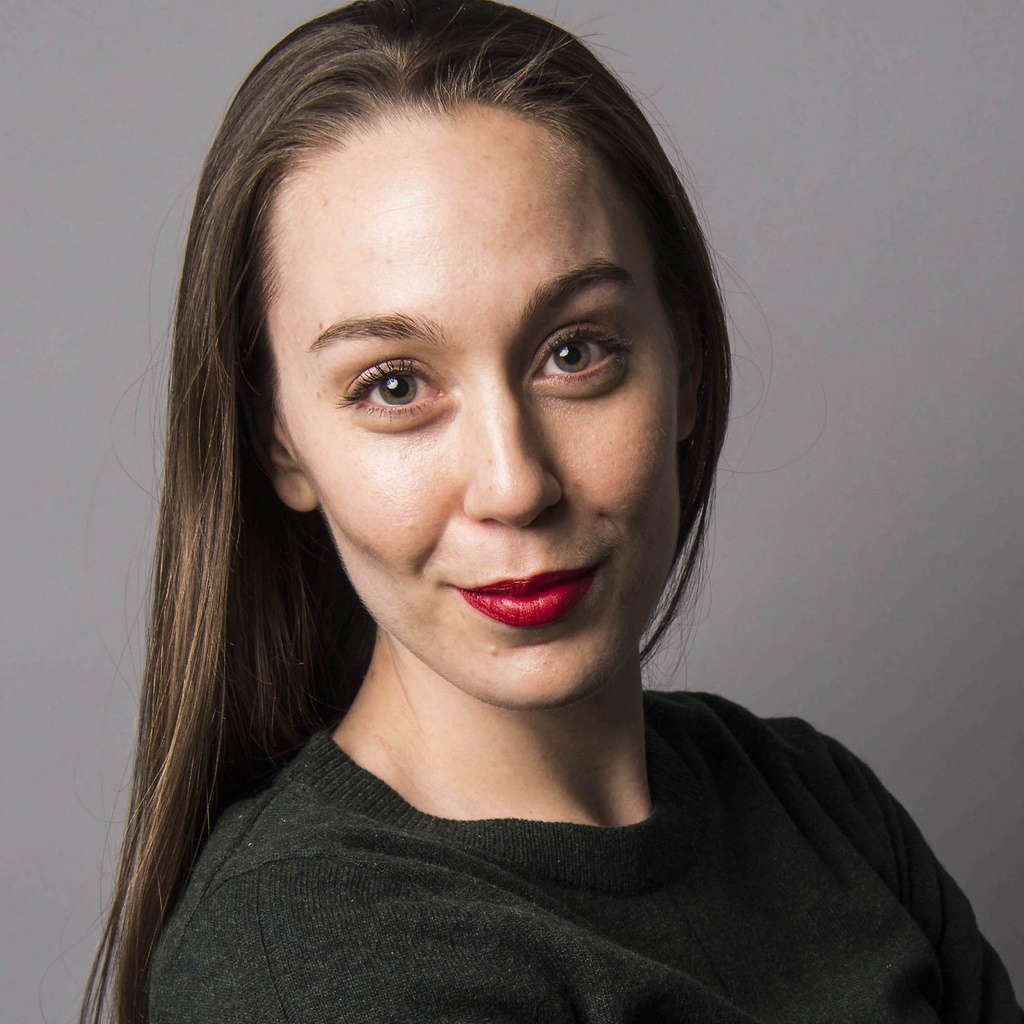
Chloe Angyal — Public Scholar
Chloe Angyal, PhD, is a journalist from Sydney, Australia who lives in Coralville, Iowa. She is a Contributing Editor at MarieClaire.com and the former Deputy Opinion Editor at HuffPost. Her writing about politics and pop culture has been published in The New York Times, The Washington Post, The Atlantic, The Guardian, New York magazine, Reuters, and The New Republic.
Angyal is a Facilitator and Senior Fellowship Leader at The OpEd Project. She has a PhD in Arts and Media from the University of New South Wales and a BA in Sociology from Princeton University. Her academic work focused on Hollywood romantic comedies; her doctoral thesis was about how the genre depicts gender, sex, and power.
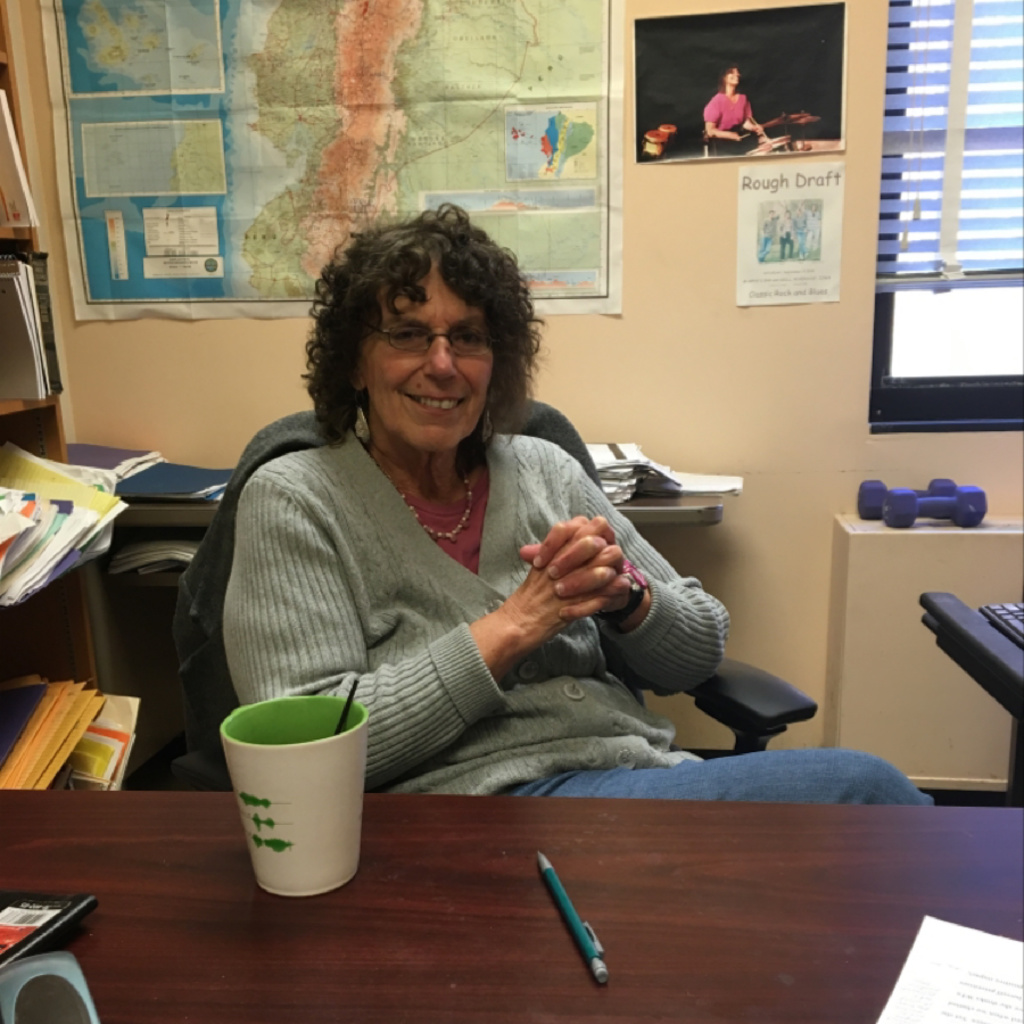
Carol Severino
Carol directs the University of Iowa Writing Center and the Writing Fellows Program and teaches courses that explore the relationships between writing, language background, culture, and pedagogy, also the focus of her research. As an Obermann Fellow this semester, Carol will analyze student writing samples, tutorial recordings from the English and Spanish Writing Centers, UI faculty survey results on writing across the curriculum, published empirical research on Spanish foreign/second language and heritage writing, and her own learning journal from a Spanish writing course in order to further develop her work on characterizing and assessing first and second language writing development and the writing pedagogies that foster it.
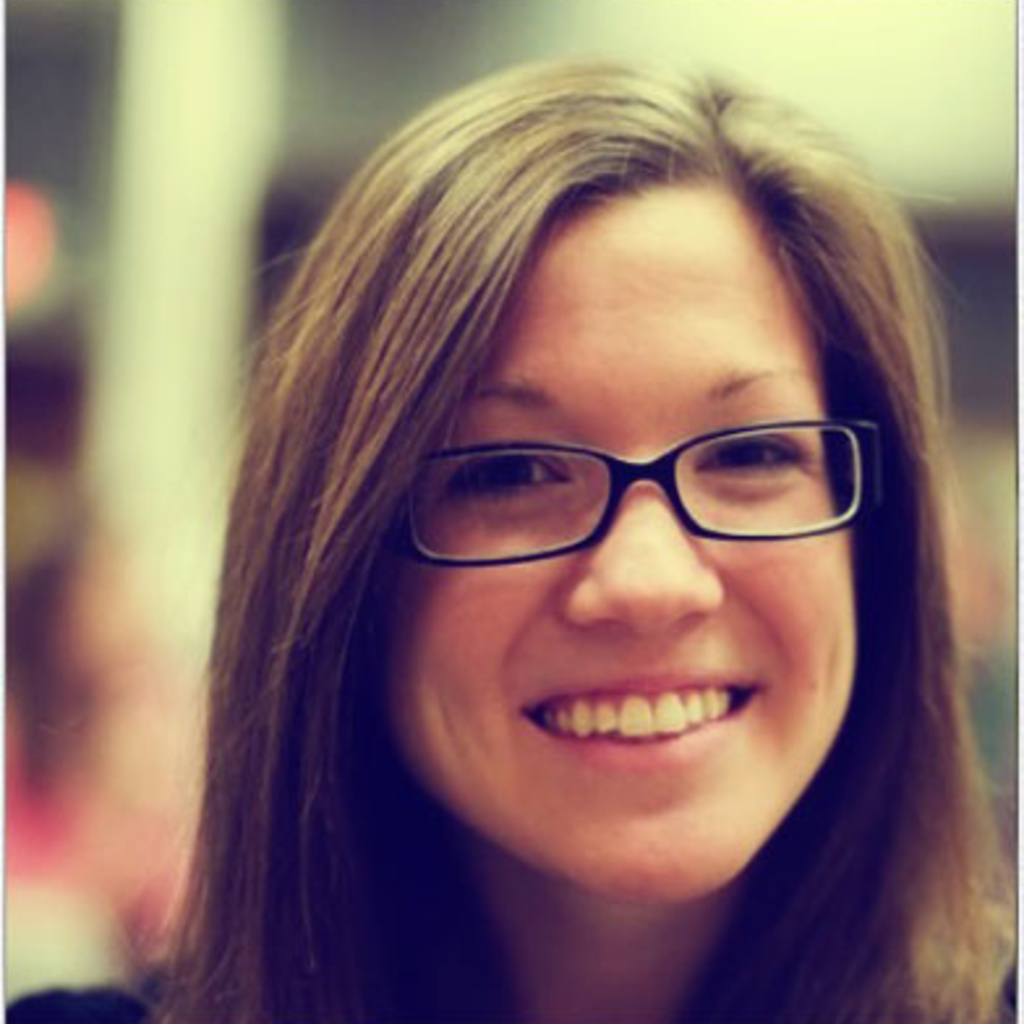
Theresa Donofrio
Dr. Donofrio teaches courses in rhetorical theory and criticism, media studies, political discourse and pop culture. She has taught a First-Year Seminar entitled "Memorials, Museums, and Mausoleums: Marking Sites of Tragedy" and a special topics course on "Rhetorics of Atrocity: Genocide, War, and National Anxieties over Violence."
Her research largely focuses on the discourses surrounding public tragedies—the various ways they are rhetorically constructed, remembered and memorialized. This line of research has resulted in publications on "Take Back the Memorial" rhetoric concerning the 9/11 World Trade Center memorial and a rhetorical analysis of Supreme Court Justice Robert Jackson's opening statements at the 1945 International Military Tribunal in Nuremberg, Germany. She has also published research on the raced and gendered symbolism of the viral "Notorious R.B.G." meme; civic-engagement and service-learning in universities; and the performance of sexuality, politics and identity in the academy.
Dr. Donofrio is a former Iowa Campus Compact Engaged Scholar Fellow, Coe College Faculty Fellow for Community Engaged Pedagogy and was the recipient of the 2017 Outstanding New Teacher Award by the Iowa Communication Association.
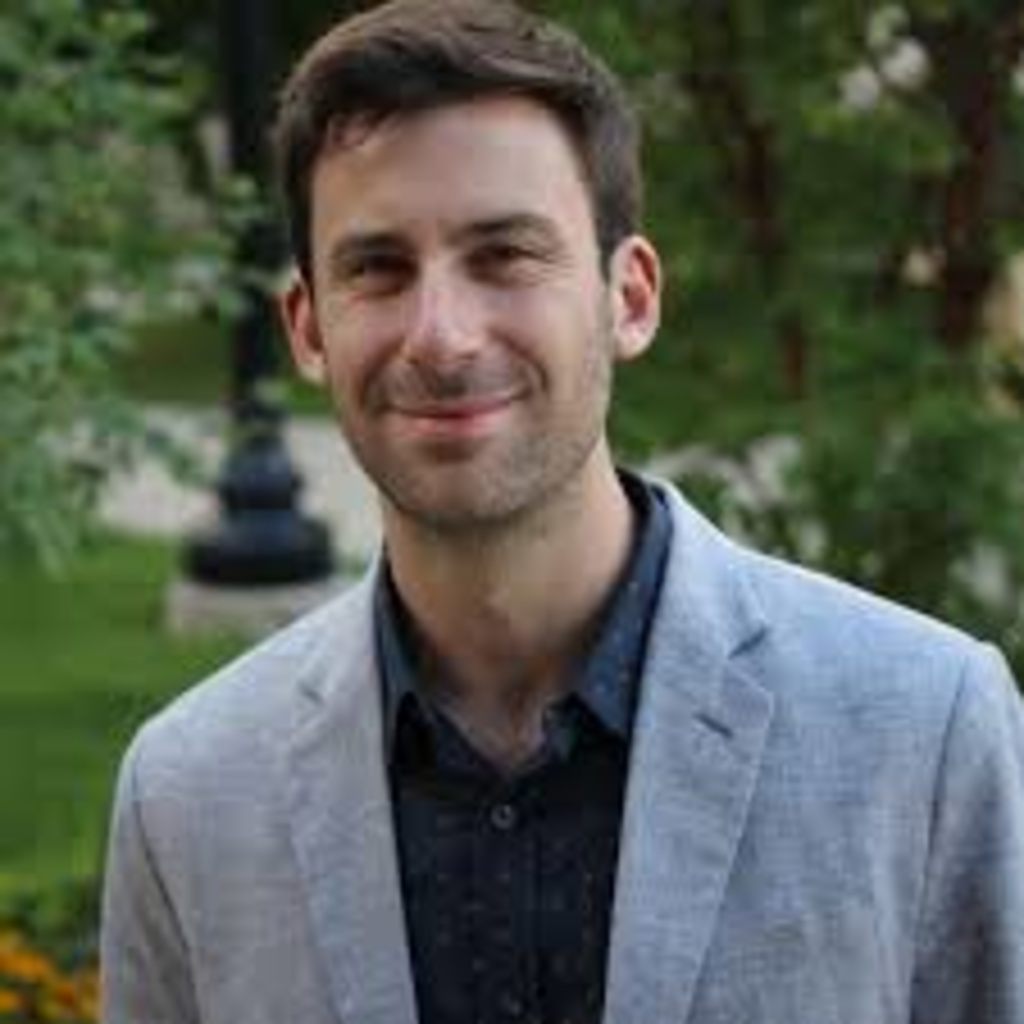
Eric Hirsch
Eric Hirsch is an environmental anthropologist whose research focuses on the relationship between environmental change, economic development, and how marginalized communities build their livelihoods. He writes, "My scholarship is in some ways a long-term effort to understand what economic growth means and how it feels. I work to question the power dynamics at play in uses of concepts like 'resilience,' 'adaptation,' and 'sustainability.' Right now, I am engaged in three major research projects that aim to answer the following big question: How do local concepts of territorial attachment and the impacts of global climate change shape the ways communities face outsiders seeking to improve their lives?
My current book project, Investing in Indigeneity, is an ethnography of growth in the southern Peruvian Andes against the backdrop of droughts and diminished agricultural prospects. There, I suggest that development work has shifted from an effort to alleviate poverty to a means of managing a wealthy nation's resource abundance. I inspect how different political actors mobilize idealized images of indigenous livelihoods, traditions, and expertise to expand Peru's astronomical growth in ways that render small-scale identity-based entrepreneurship and large-scale mining complementary forms of development.
A second major research project for which I have begun fieldwork uses ethnography to understand the role that climate change plays in everyday life in Peru, Latin America, and several other sites seeing significant climate impacts. Across a series of articles and a future book project, I inspect the tensions that emerge as national leaders and marginalized communities consider the tantalizing promises of emissions-intensive expansion and, simultaneously, the need to address climate change."
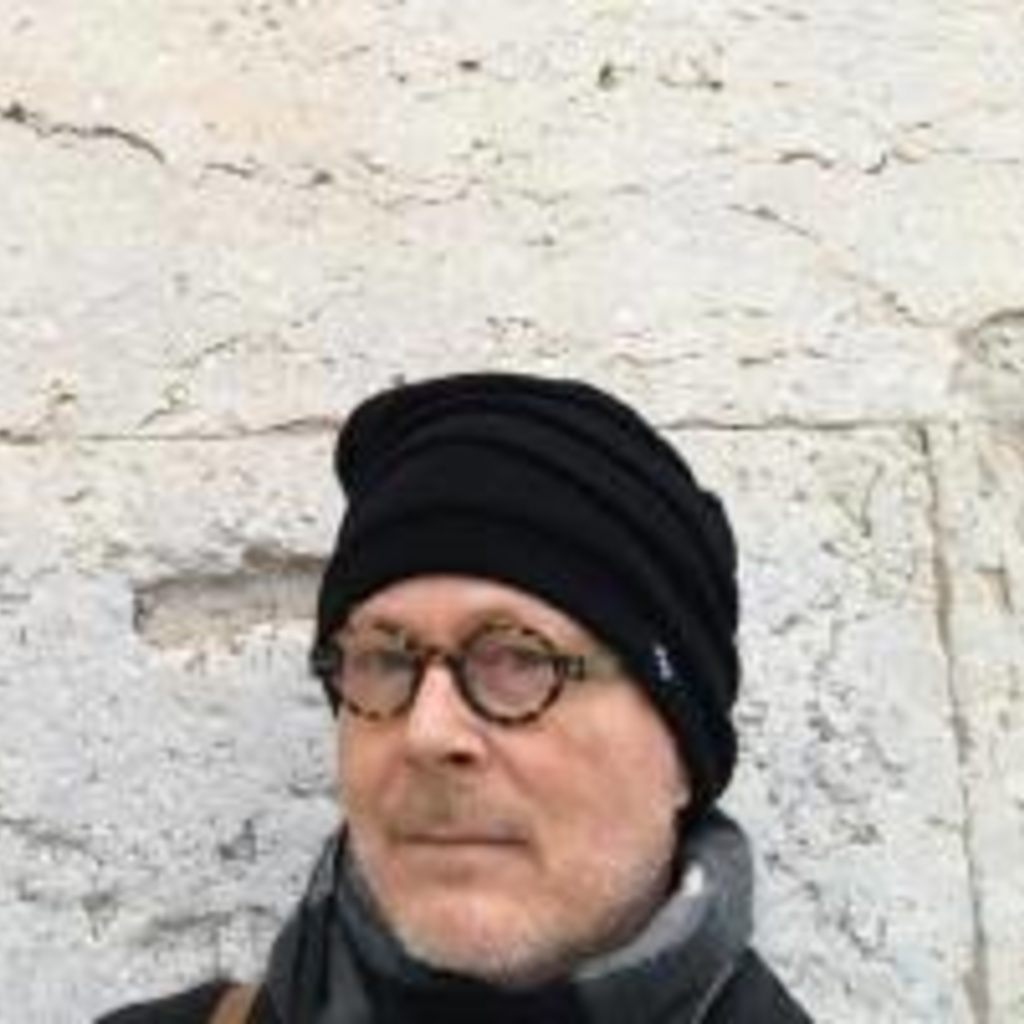
Michael E. Moore
Michael Edward Moore will advance his book project "The Cadaver Trial of Pope Formosus: The End of Carolingian World Order." The overall subject is the notorious cadaver trial of Pope Formosus, in which the body of Formosus was unearthed, put on trial, mutilated and thrown into the Tiber River. Moore proposes that the trial was a symptom of the collapse of the Carolingian Empire after 888, marked by violence and the deliberate violation of religious and political norms. In the period 888-900, a “new guard” of intellectuals and historians no longer supported the former “Carolingian World Order.” A new intellectual framework was developing.